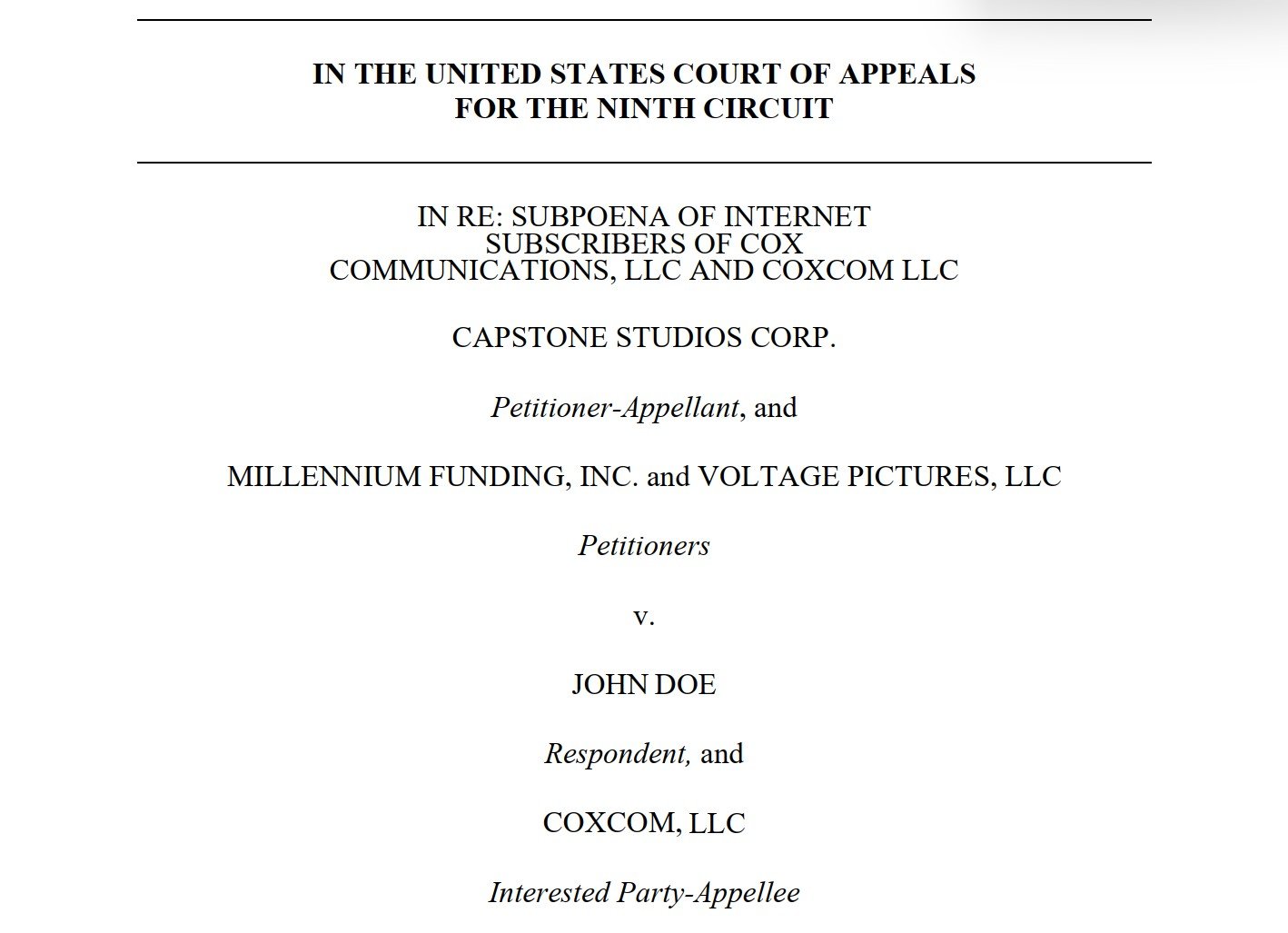-
chevron_right
Court Orders Google to “Uninstall” Pirate IPTV App Sideloaded on Android Devices
news.movim.eu / TorrentFreak · Monday, 23 September, 2024 - 11:57 · 6 minutes
 As reported last week, an order published in Argentina dated September 13, 2024, revealed that local ISPs are now required to block dozens of Magis TV-linked domains for violating intellectual property law.
As reported last week, an order published in Argentina dated September 13, 2024, revealed that local ISPs are now required to block dozens of Magis TV-linked domains for violating intellectual property law.
In total, 69 domains (full list in our earlier report ) must be blocked so that internet users cannot access them from anywhere inside Argentinian territory. The nature of the listed domains suggests that rightsholders focused on resellers of Magis TV subscriptions. One of the service’s main domains appears in the list but as things stand, any damage to availability is likely to be both limited and short-lived.
Linked to Operation 404
Our report coincided with the latest wave of Operation 404 in Brazil last Thursday, which also led to three arrests in Argentina. On Friday, dozens of local media reports linked those arrests to Magis TV.
According to reports, Hugo Javier Mospan, 47, of Buenos Aires, is linked to the teaching of computer courses in Argentina. Before that he was an employee at a transport company.
Leopoldo Federico Peña, 46, also of Buenos Aires, reportedly has a history of marketing household appliances and electronic equipment. In mid-2022, in concert with others, he reportedly registered several companies for the purposes of importing, exporting, distributing and maintaining such products.
Infobae reports that the youngest of those arrested, 27-year-old Kevin Ariel Bentancur from Buenos Aires, had a job working at a car dealership. Pictures of all three were widely published by local media late last week following their arrests.
News reports also showed law enforcement entering premises and retail outlets suspected of selling ‘fully-loaded’ TV boxes, with at least some devices sold with the Magis TV app pre-installed. A raid targeting ‘TodoTech’ in Misiones is said to have yielded just three TV boxes but another at “Kive” in CABA, a more impressive 481 TV boxes were seized by police.

Two other suspects, Roberto V. and Marcos DJ, are described as the most visible ‘marketers’ of Magis TV devices in Argentina. They’re still at large, according to reports, and somewhat less visible, at least for now.
This type of high-profile action is clearly meant to send a message. Whether that message will include custodial sentences will remain to be seen, but the loss of money invested in devices taken away by the police has the potential to sting and give pause for thought, if nothing else.
Yet whatever happens in Argentina, the court order has a component that goes beyond seizing devices and ISPs blocking Magis TV. The component isn’t just controversial; depending on how it’s handled, it could reverberate far beyond Argentina.
If those who requested this additional component thought it through (there are clear signs that’s exactly what they did), whatever happens next will determine just how far rightsholders are prepared to go to ensure that people stop pirating live TV content.
No Red Lines in This War
The action targeting Magis TV appears to have two tracks, the blocking action and a criminal investigation. The initial complaint to the authorities was filed by LATAM anti-piracy group Alianza , which represents companies in, or connected to, the pay TV sector; Direct TV, Sky Brasil, Warner Bros. Discovery, Disney, Globo, Win Sports, Telecine, the list goes on.
The investigation was carried out by Argentina’s Specialized Unit on Cybercrime ( UFEIC ) and headed by prosecutor Alejandro Musso. As we know, the request to block 69 Magis TV-linked domains was handed down on September 13 by Judge Esteban Rossignoli at Court 4 of San Isidro.
No stranger to controversy himself, Judge Rossignoli granted a request that seems likely to be the source of even more. Prosecutor Musso says that the blocking of 69 domains means that the “app will no longer be able to be downloaded” but they needed to go much further than that. Specifically, the threat posed by millions of copies of Magis TV already installed on users’ devices needed to be eliminated. The Judge agreed.
Google Ordered to Remotely Uninstall Magis TV From Users’ Devices
In instructions to Google, Judge Rossignoli says that the company must “adopt the necessary technical means to immediately uninstall from Android systems that report IP addresses in the territory of the Argentine Republic (which can be verified by the IP addresses assigned to this country), the application named Magis TV.”
The order specifies a filename (magis_mobile_v6.5.2.apk) and the following hash values:
• SHA1: e68156b531ffaade1090b7326b7ae7d604975cd0
• MD5: c4614c08c3be4ee9972870056d47afae
A VirusTotal report confirms that both hashes relate to the same file, a 48.89 MB (51262825 bytes) Android APK.
Commenting on the instructions to Google, Musso acknowledges that “this has never been done before” but defends the unprecedented measure as entirely necessary.
“What was achieved is an unprecedented court order, which is in the process of being analyzed by Google – we understand that they cannot deny it – which is to uninstall, through the Android operating system update, the application on all devices that have an IP address in Argentina,” Musso says.
Measure Will be Replicated “Immediately”
Having been granted this type of power once, rightsholders aren’t known for letting the momentum go to waste. In recent years, as anti-piracy efforts have become more globalized, court orders issued in one country are often cited in others, showcasing the potential power courts possess if they truly prioritize intellectual property protection. In Argentina, this expansion appears to have been part of the planning.
“We understand that this measure will be replicated immediately by many countries that have this same type of problem,” Prosecutor Musso continues.
“What will be achieved once this is completed is that the installed app disappears and cannot be downloaded again, thus breaking the cycle of digital piracy. The only way [Magis TV] could circumvent this is to develop a new app where we would be waiting for them, ready to do exactly the same thing once we identify it.”
For Alianza member LaLiga, this development couldn’t have come soon enough. Spain’s top-tier football league has been campaigning for apps to be remotely deleted from Android devices for some time, including last September when it claimed to be discussing the measure with Google .
“This ruling by the Argentine authorities following prosecutor Musso’s investigation, based on the evidence presented by Alianza, represents a global example in the fight against piracy and theft of audiovisual content,” says LaLiga President Javier Tebas.
“Not only have all the domains associated with the illegal service and its technological infrastructure been blocked, but it has also been ruled that Google must prevent the use of illegal applications already installed on Android devices through its security mechanisms, something we have requested on numerous occasions. In fact, a judge of first instance in Spain already issued an order in 2022 calling for a similar measure from Google at the request of LaLiga, in a process that’s still ongoing.”
Google Yet To Respond In Public
Rightsholders appear to have no red lines in their fight against piracy, but for Google this looks like a minefield requiring the most delicate of steps to protect the global Android brand. While users are unlikely to appreciate Google reaching into their devices to disable software downloaded and installed using Google Play, the idea that third party apps installed independently could be eliminated remotely is an issue for every Android user.
Whether Google will challenge the ruling head on or look for another reason to justify the deletion, is currently unknown. The implications are unknown too, but it may not be too long before Android users start to find out.
From: TF , for the latest news on copyright battles, piracy and more.



 Pirate sites come and go, often without being noticed by the public at large. That was certainly not the case when RARBG
Pirate sites come and go, often without being noticed by the public at large. That was certainly not the case when RARBG
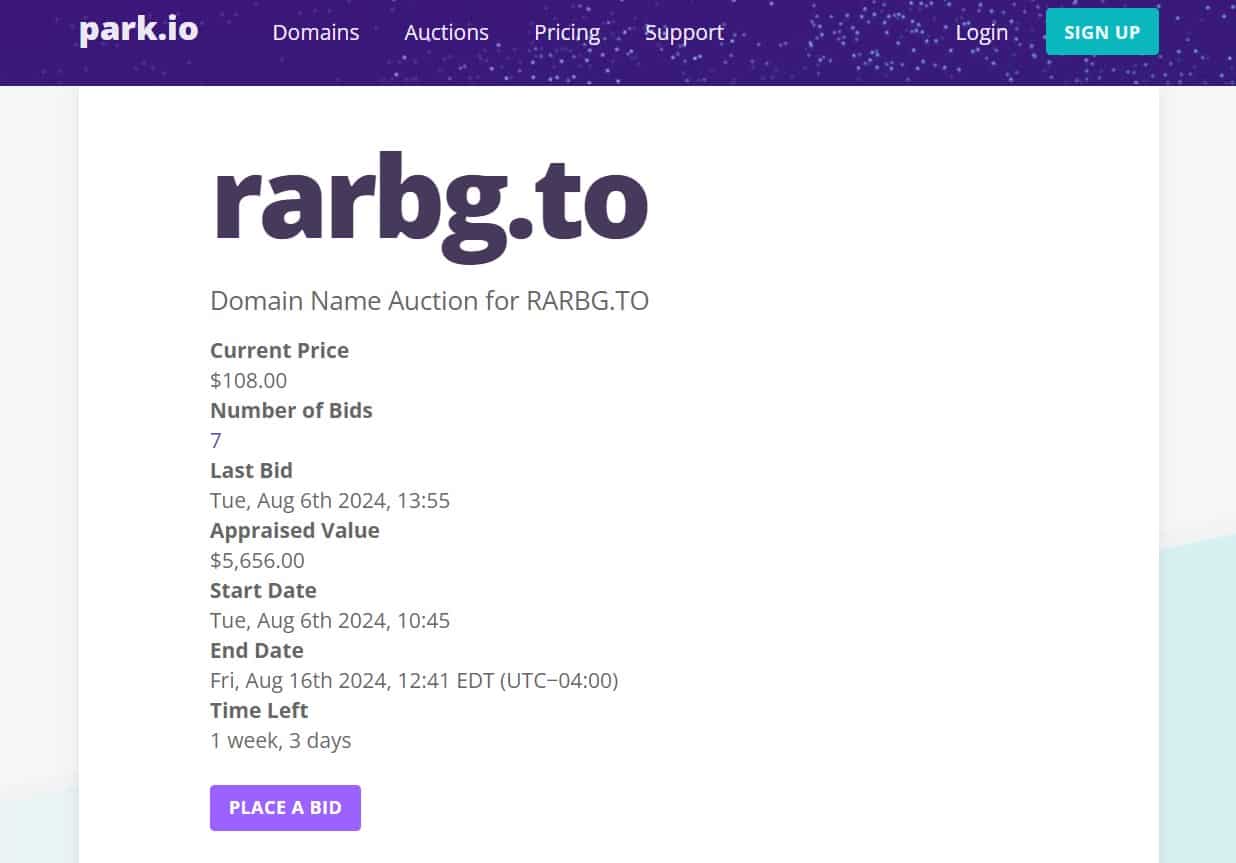

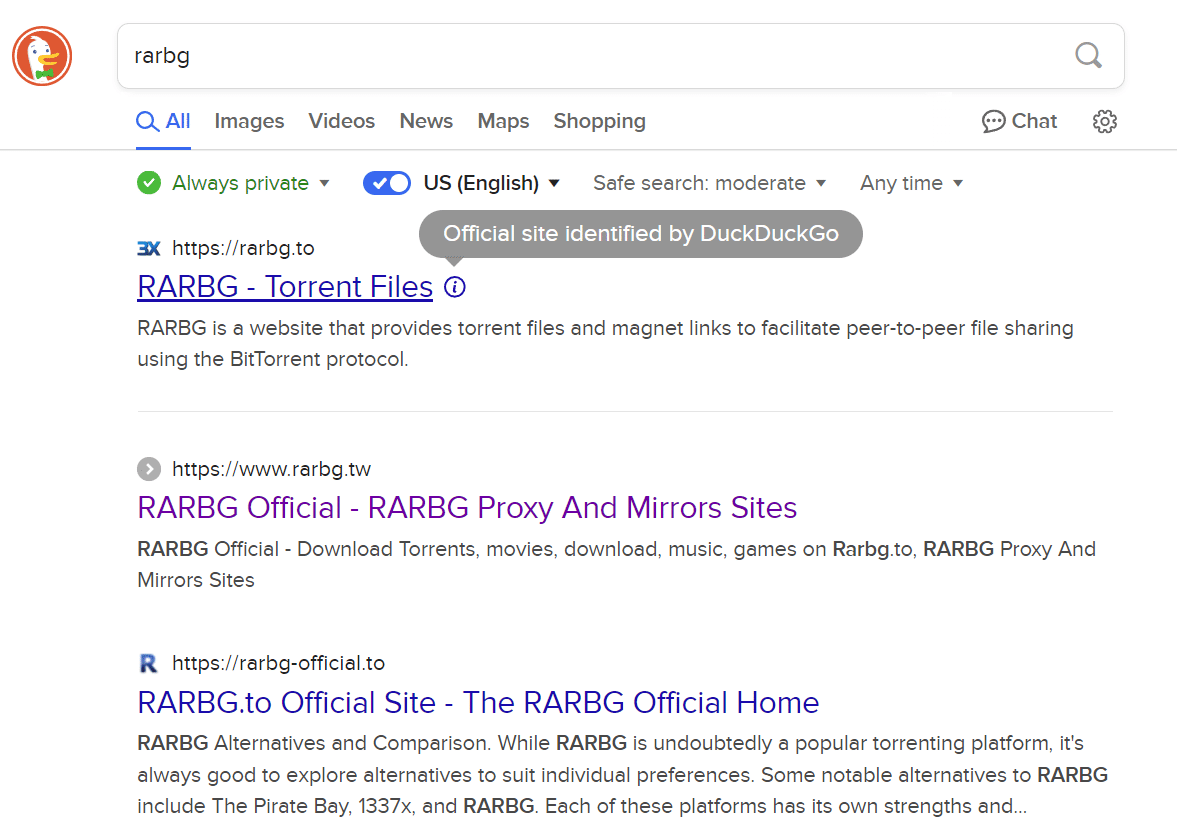

 For years, Fmovies presented a major threat to Hollywood, one that seemed near impossible to defeat.
For years, Fmovies presented a major threat to Hollywood, one that seemed near impossible to defeat.
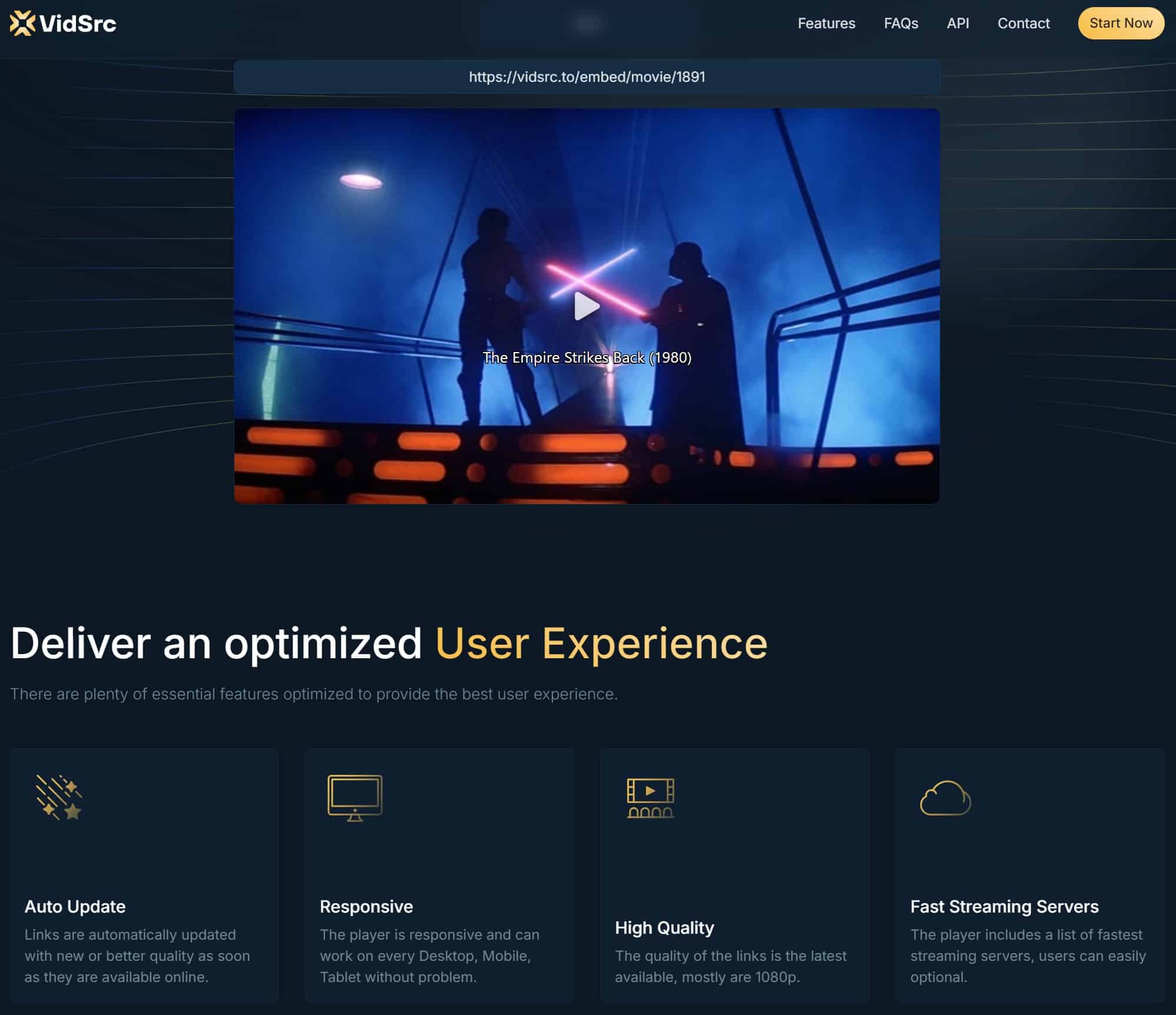

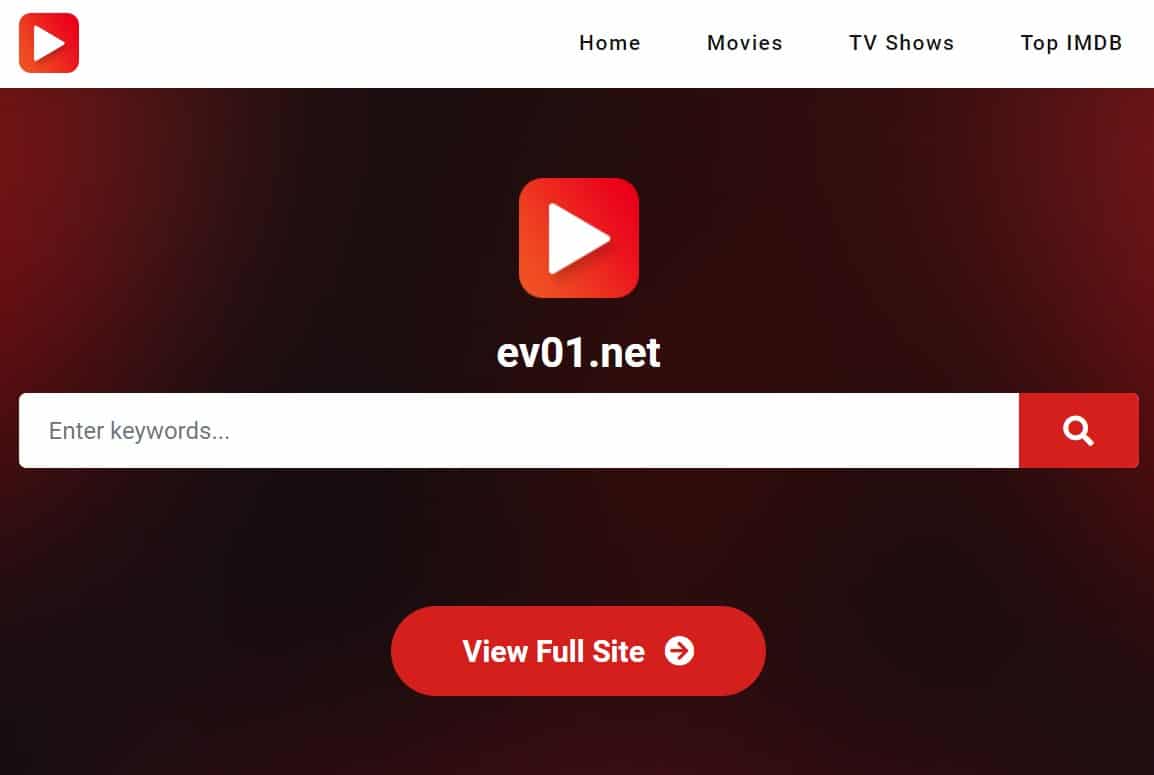
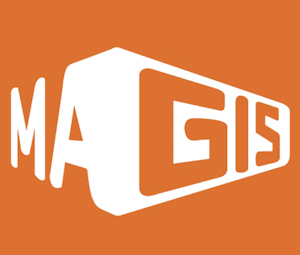
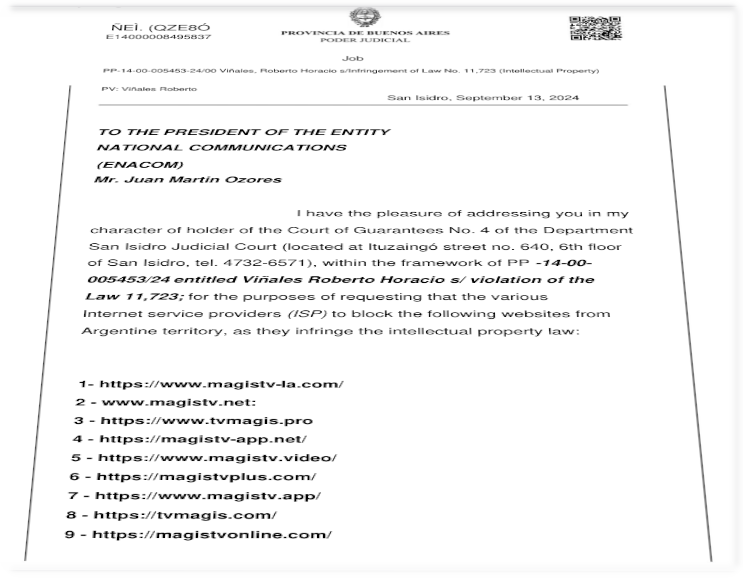


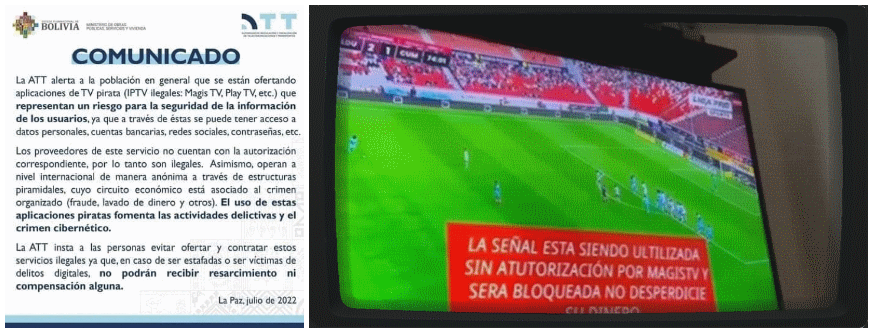
 In August, Cox Communications filed a petition
In August, Cox Communications filed a petition
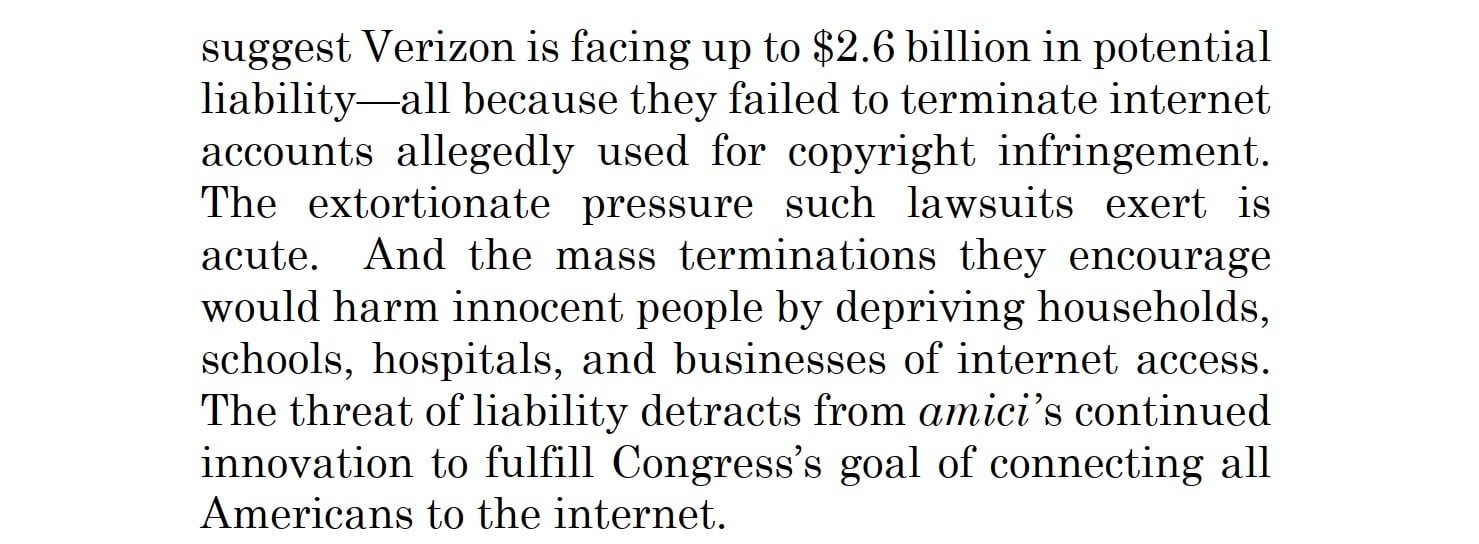


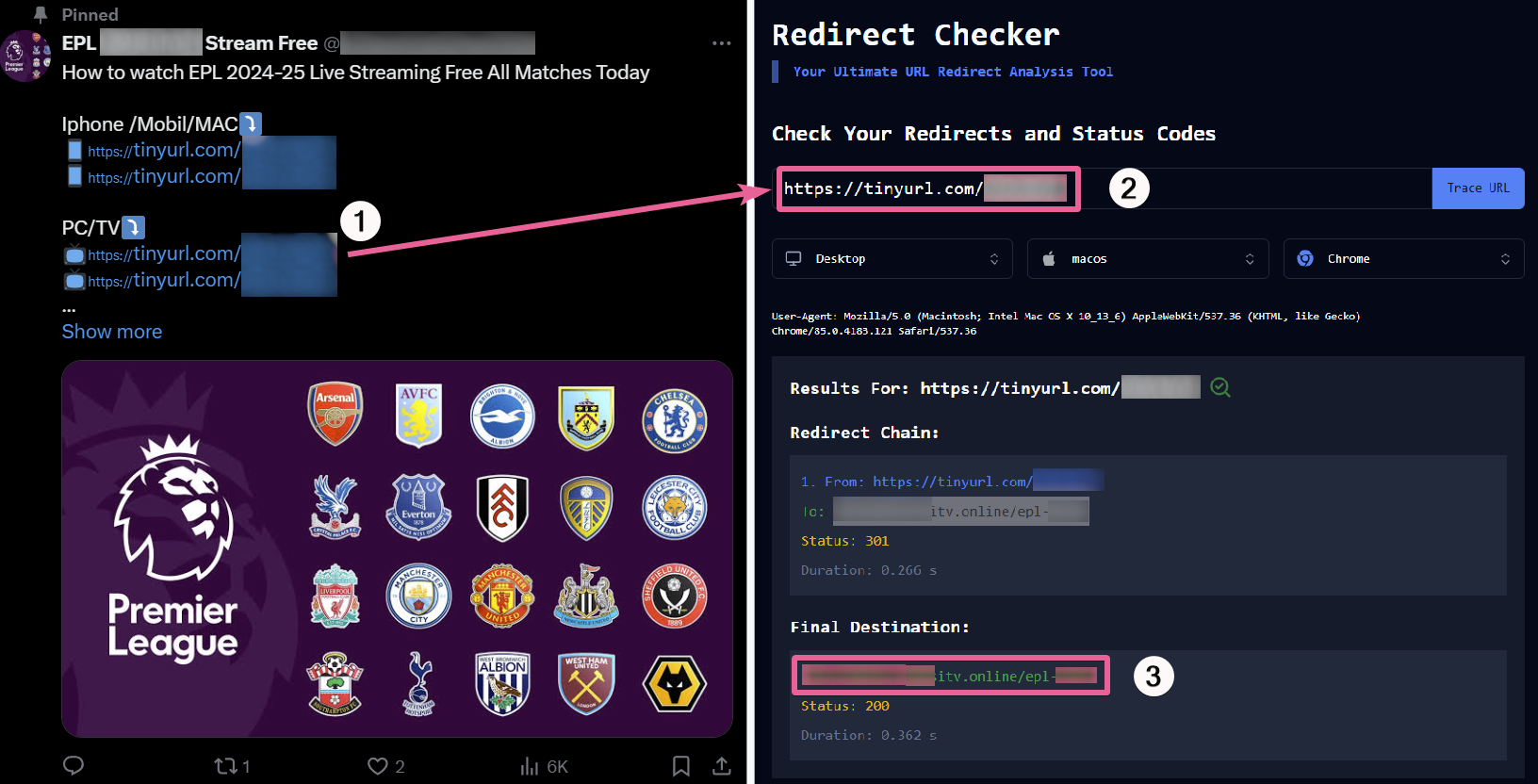
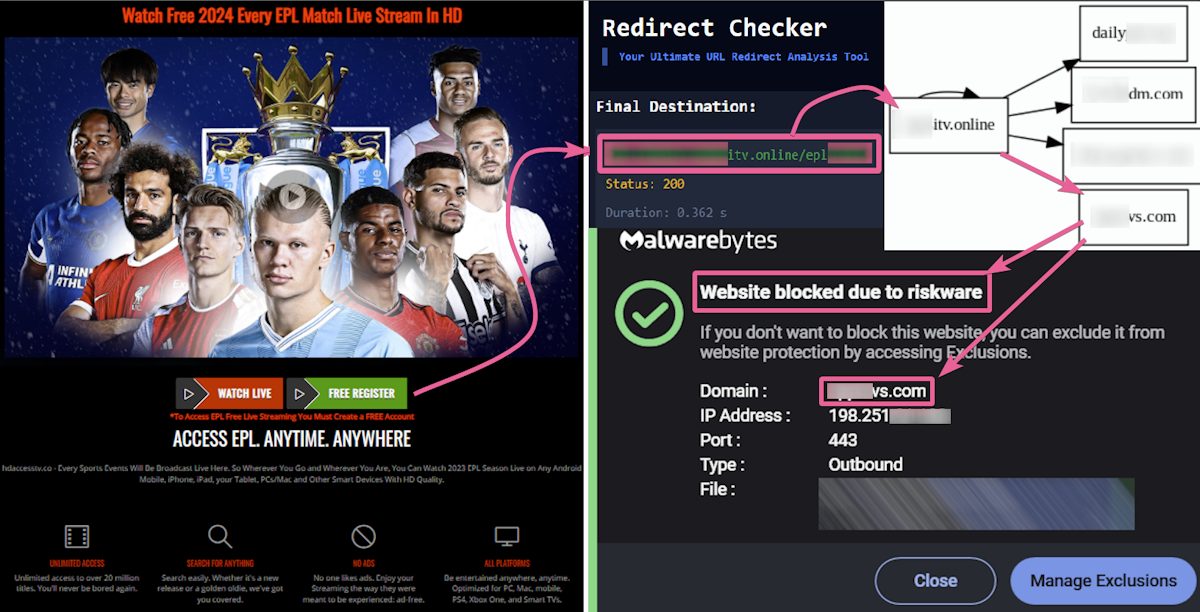
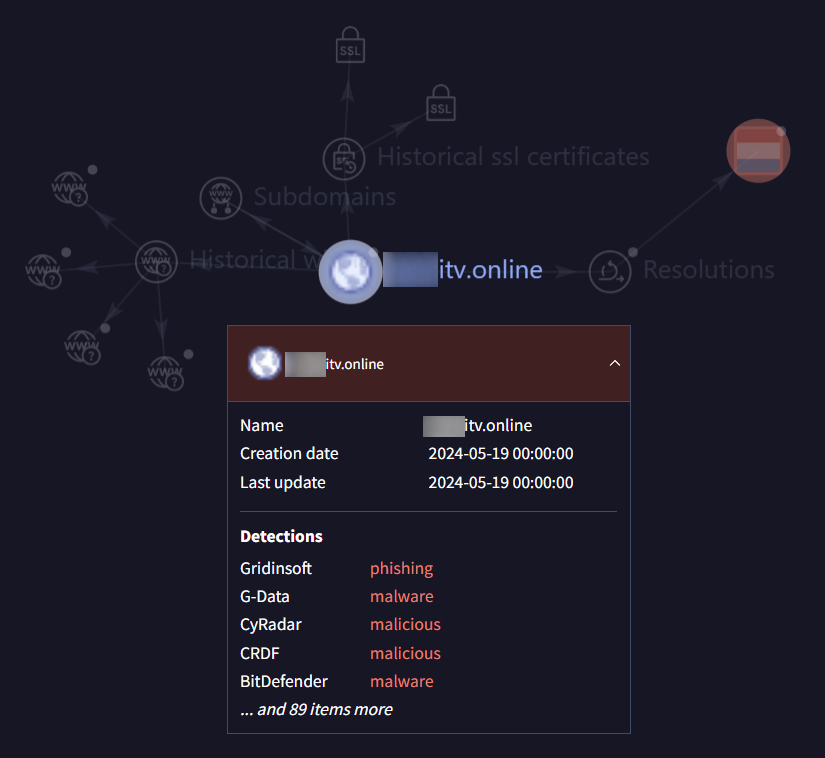
 Tracking BitTorrent pirates isn’t all that hard since IP addresses are openly broadcasted. With help from Internet providers, these addresses can then be linked to account holders.
Tracking BitTorrent pirates isn’t all that hard since IP addresses are openly broadcasted. With help from Internet providers, these addresses can then be linked to account holders.
